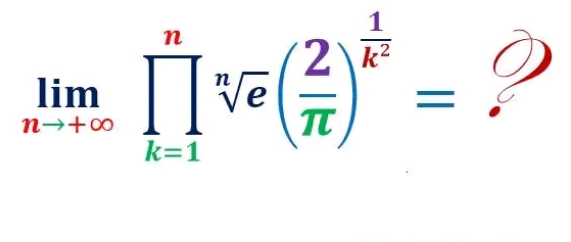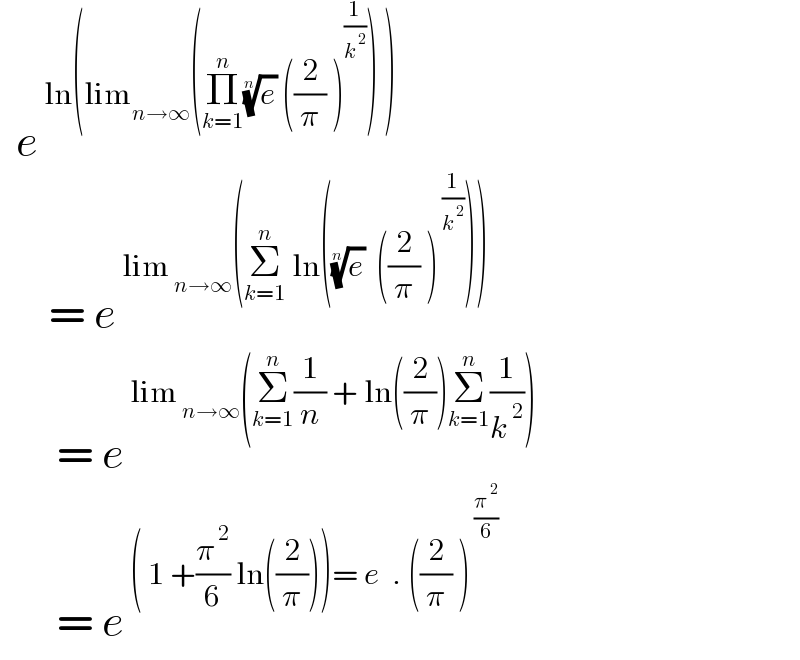
Question and Answers Forum
Question Number 173721 by KONE last updated on 16/Jul/22

Answered by mnjuly1970 last updated on 17/Jul/22

Commented by KONE last updated on 17/Jul/22

Commented by mnjuly1970 last updated on 18/Jul/22

| ||
Question and Answers Forum | ||
Question Number 173721 by KONE last updated on 16/Jul/22 | ||
 | ||
Answered by mnjuly1970 last updated on 17/Jul/22 | ||
 | ||
| ||
Commented by KONE last updated on 17/Jul/22 | ||
 | ||
Commented by mnjuly1970 last updated on 18/Jul/22 | ||
 | ||